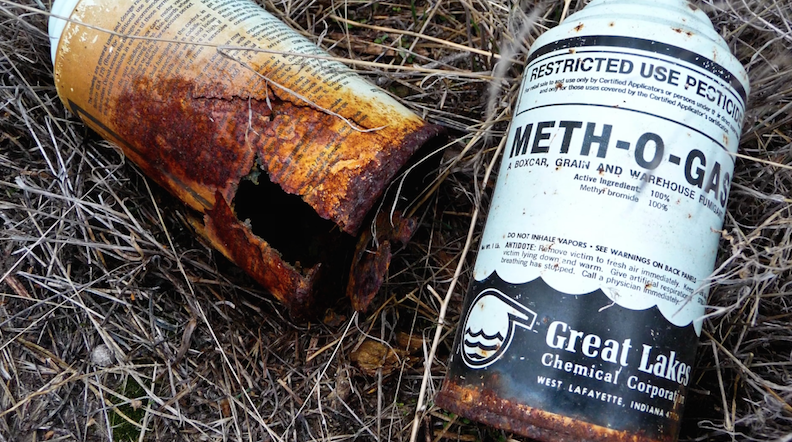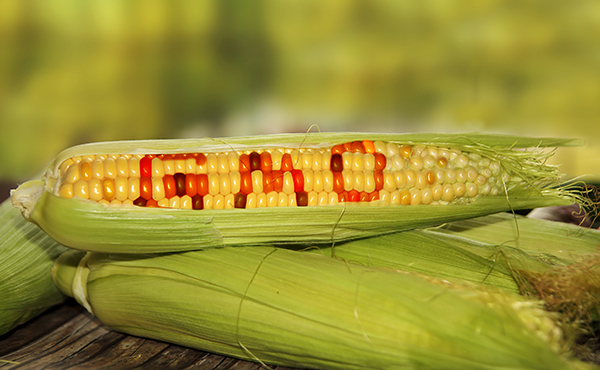Here comes COVID 2.0: Wuhan Institute of Virology in China warns that another CORONAVIRUS outbreak is “highly likely”
09/28/2023 / By Ethan Huff

Quietly and unbeknownst to most, scientists at the infamous Wuhan Institute of Virology (WIV) in communist China published a study back in July claiming that as many as 20 different species of the Wuhan coronavirus (COVID-23?) are now in circulation, and could eventually spark another outbreak or pandemic.
Published in the journal Emerging Microbes & Infections, the study ominously warns that of the 40 some-odd coronavirus species evaluated, 20 of them are “high risk … including 6 of which jumped to human [sic], 3 with evidence of spillover but not to human [sic] and 11 without evidence of spillover yet.”
Somehow, the researchers involved with the paper have concluded that a COVID 2.0 event is likely to occur in the very near future, based on their assessment of these so-called strains.
“It is almost certain that there will be future disease emergence and it is highly likely a CoV [coronavirus] disease again,” the study declares.
“Thus, the early preparation for the animal CoVs with risk of spillover is important for future disease preparedness, regarding the likely animal origin of SARS, MERS and COVID-19.”
(Related: The Biden regime is also trying to usher in a COVID 2.0 event, complete with another round of mask and jab mandates, as well as lockdowns.)
“Batwoman” Shi Zhengli listed among new study’s authors
Before COVID, nobody really thought twice about circulating coronaviruses. After all, the common cold is a coronavirus, and there are many forms of the common cold that have been in circulation since pretty much forever.

Now things are different, though. The world has been fine-tuned into fearing the word coronavirus like the plague. And if communist China is still harping on about the alleged threat of it unleashing another “pandemic” soon, you can be sure that the powers that be are going to at least try to create COVID 2.0.
Listed as an author of the new study is none other than “batwoman” Shi Zhengli, which is further concerning when considering her direct involvement in unleashing COVID 1.0. The director of infectious disease research at the WIV, Shi played defense for the Communist Chinese Party (CCP), denying the regime’s involvement in the creation of COVID 1.0.
“Shi initially disappeared from the public eye in early 2020 but then reemerged to defend the Chinese government and the WIV from ‘filth’ suggesting that a laboratory accident resulted in the release of the novel coronavirus and subsequent, ongoing pandemic,” explained Frances Martel for Breitbart News.
“Shi was nominated in September for a position in the prestigious Chinese Academy of Scientists (CAS), the world’s largest research organization.
News about the new study and its warnings only just recently hit Chinese social media where it is now circulating much to the surprise of many since the Chinese government has pretty much ended all of its COVID 1.0 tyranny and moved on to its next agenda item.
The newest claim is that the CCP is “downplaying” the study’s findings, this according to “an anonymous Chinese Centres for Disease Control and Prevention scientist” who said this to the state-run South China Morning Post.
“Sometimes in private conversations, when talking with other public health scholars, we have noticed that intentionally or unintentionally, Chinese authorities are downplaying Covid-19, and some cities have stopped releasing infection data,” that scientist is quoted as saying.
At the very same time, the CCP just launched a new initiative to try to pressure the Chinese public into taking various Chinese-made coronavirus and influenza “vaccine” products against their better judgment.
“Why not just stop beating around the bush and call it the U.S. election virus?” joked one commenter about what he feels this is all really about.
Will you comply with another round of COVID tyranny? Learn more at Plague.info.
Sources for this article include:
Submit a correction >>
Tagged Under:
CCP, China, communist China, conspiracy, coronavirus, COVID, covid 2.0, covid-19, deception, false-flag, fascism, genocide, medical fascism, outbreak, pandemic, Plague, Tyranny, Wuhan Institute of Virology
This article may contain statements that reflect the opinion of the author




















